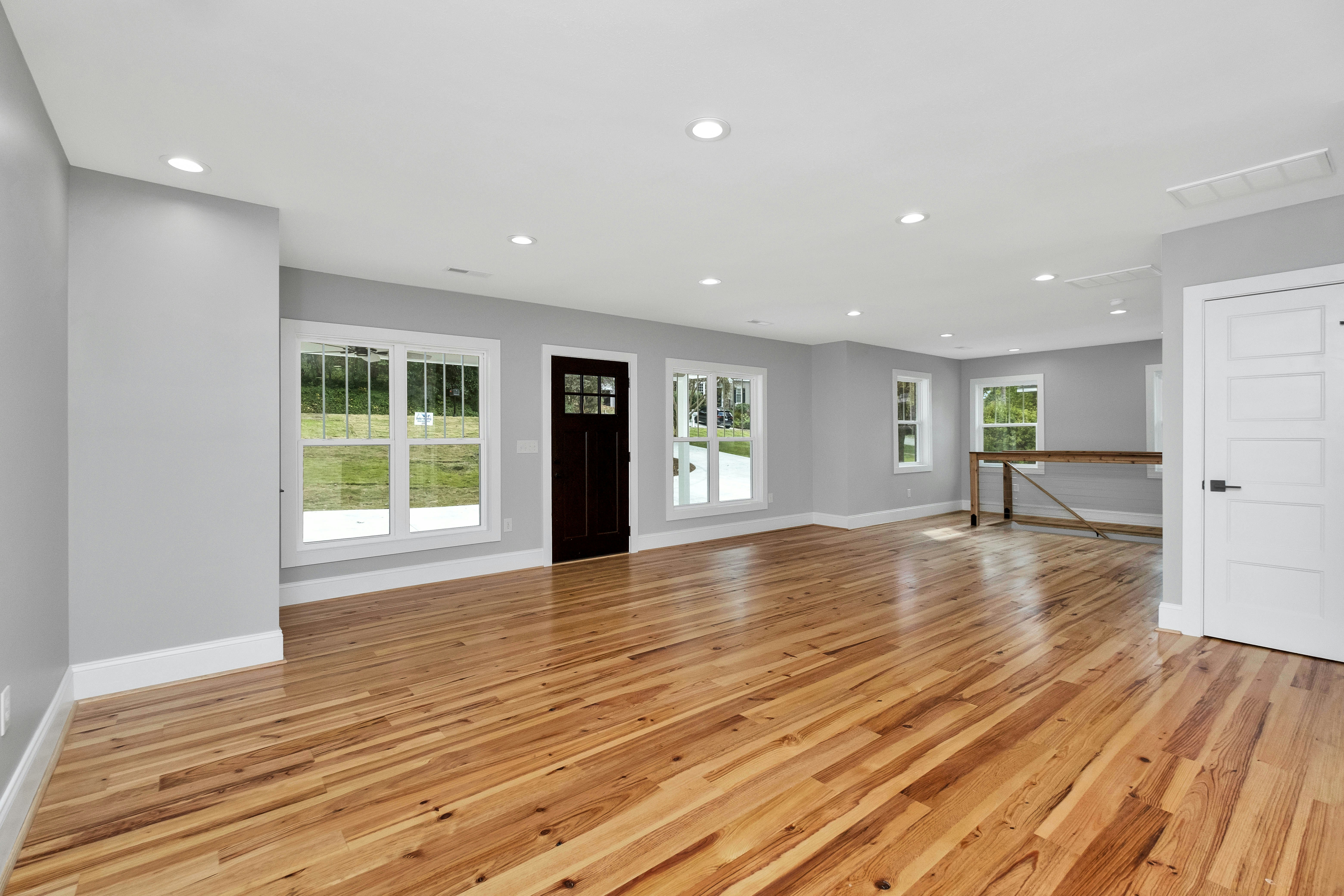
Building a new home or commercial space from the ground up is an exciting opportunity to bring your vision to life. Our New Construction services are designed to guide you through every phase of the process, ensuring a seamless experience and delivering results that exceed expectations. From initial planning to the final walkthrough, we focus on quality craftsmanship, innovative design, and attention to detail.
Whether it’s a custom-built home, a multi-unit residential project, or a cutting-edge commercial property, we work closely with clients, architects, and contractors to create spaces that reflect your unique needs and aspirations.
Key Benefits of New Construction
Tailored Designs: Create a space that perfectly fits your lifestyle, preferences, and business goals.
Energy Efficiency: Integrate modern, eco-friendly features for long-term savings and sustainability.
Modern Innovations: Incorporate the latest in smart home technology and contemporary design trends.
Value Addition: Build a property with higher resale value due to its modern features and superior quality.
End-to-End Support: Receive expert guidance at every stage, from blueprints to finishing touches.
What’s Included in Our Services?
Our New Construction services encompass a full suite of offerings, including:
Project Planning and Design: Collaborating with architects to translate your ideas into actionable plans.
Site Selection and Preparation: Assisting with finding the perfect location and preparing the land for construction.
Construction Management: Overseeing every step of the build to ensure timelines and budgets are met.
Interior and Exterior Customization: Selecting materials, finishes, and features that match your vision.
Post-Construction Support: Offering inspections, warranty services, and ongoing maintenance guidance.
Building your dream property has never been easier. With [Your Company Name], you gain a trusted partner dedicated to turning your ideas into reality, delivering a property that is not only functional but also an inspiring space to live or work.